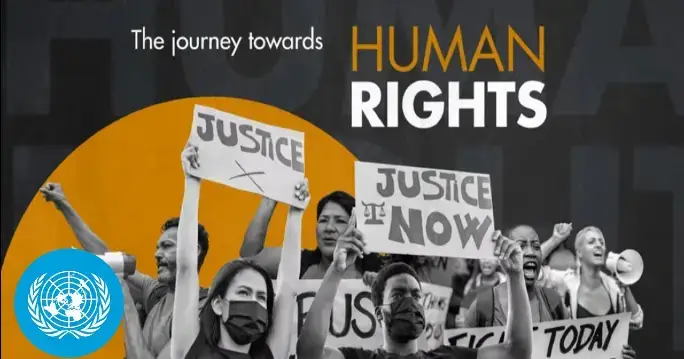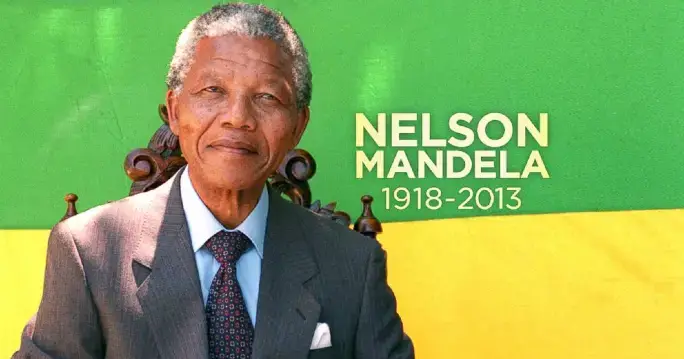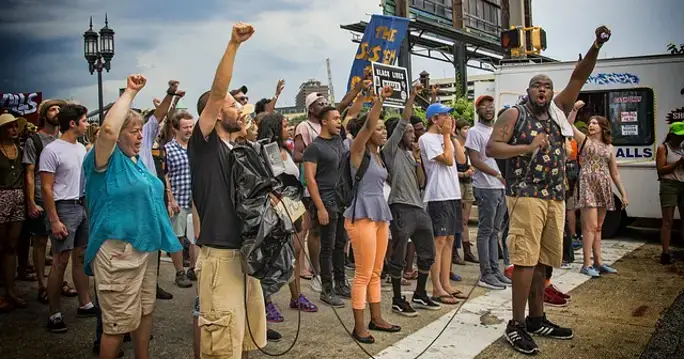While The Magna Carta original document contained 63 clauses, many specific to medieval grievances, some core principles resonate even today. Here are ten ways the Magna Carta Influences Us Today!
1.The United Nations Universal Declaration of Human Rights (1948)

The Universal Declaration of Human Rights (UDHR), adopted in 1948, stands as a landmark document. It proclaims fundamental rights and freedoms inherent to every human being, regardless of race, religion, or nationality. Echoing the spirit of the Magna Carta, which challenged arbitrary rule, the UDHR emphasizes the inherent dignity and equality of all. It outlines essential rights, including the right to life, liberty, and security of person.
Furthermore, it champions freedom from slavery, torture, and arbitrary arrest. The UDHR underscores the importance of fair trials and presumption of innocence. Significantly, it goes beyond the scope of the Magna Carta, advocating economic, social, and cultural rights, like education and an adequate standard of living. The UDHR serves as a cornerstone of international human rights law, inspiring nations to build just and equitable societies.
2. The European Convention on Human Rights (1950)
The European Convention on Human Rights (ECHR), adopted in 1950, stands as a testament to the enduring influence of the Magna Carta. Echoing the Magna Carta’s spirit, the ECHR champions fundamental rights and freedoms for all individuals within its jurisdiction. Key provisions include the right to life, freedom from torture, freedom of expression, and the right to a fair trial – all principles rooted in the pursuit of justice and protection from tyranny. This landmark treaty, directly inspired by the Magna Carta’s principles, signifies a crucial step towards securing human rights within a legally binding framework.
3. The Civil Rights Act of 1964 (United States)
The Civil Rights Act of 1964 stands as a monumental achievement in the fight for equality in the United States. This landmark legislation outlawed discrimination based on race, colour, religion, sex, and national origin. Echoing the spirit of the Magna Carta, it affirmed the fundamental principle of equality before the law.
While the Magna Carta primarily addressed the rights of barons, its core tenets laid the groundwork for broader applications of justice. The Civil Rights Act built upon this foundation, extending equal protections to all citizens, regardless of their background. It dismantled legal segregation, outlawed discriminatory practices in employment and education, and ensured equal access to public facilities.
In essence, it marked a turning point in American history, moving closer to the ideal of a just and equitable society for all like it should have been all through history
4. The Indian Constitution (1950)
India’s constitution stands as a testament to justice and liberty, drawing inspiration from historical milestones like the Magna Carta. This landmark document, signed in 1215, laid the groundwork for individual rights and limited government power.
India, emerging from colonial rule, sought to establish a just and equitable society. The framers of India’s constitution found resonance with the Magna Carta’s principles. Specifically, the influence of the Magna Carta echoes in India’s fundamental rights, guaranteeing equality, freedom of speech and religion, and protection from arbitrary arrest and detention.
Furthermore, both documents underscore the rule of law, emphasizing that even those in power are subject to legal constraints. India’s constitution, with its emphasis on fundamental rights and democratic ideals, reflects the enduring legacy of the Magna Carta in shaping a just and equitable world.
5. Nelson Mandela’s Fight Against Apartheid Echo’s The Magna Carta Core Principles

Mandela’s struggle for equality in South Africa drew strength from the Magna Carta Core Principles with a message of justice and freedom from oppression. Nelson Mandela fought tirelessly for equality in South Africa. His struggle, however, didn’t find its inspiration solely in South African soil. Indeed, it drew deep resonance from historical echoes across the world, particularly from the Magna Carta’s resounding message. This document, forged in 1215, proclaimed the fundamental right to justice and freedom from oppression, principles that resonated deeply with Mandela’s own fight against apartheid. The Magna Carta served as a powerful reminder that the yearning for liberty transcends time and geography, thus fuelling Mandela’s unwavering commitment to equality for all South Africans.
6. The Arab Spring Uprisings (2010-2012)
While seemingly disparate events separated by centuries, the Magna Carta’s influence echoes surprisingly through the Arab Spring uprisings of 2010-2012. Although signed in 1215 to limit King John’s power in England, the Magna Carta’s core principles, namely, those advocating for individual rights and limits on government authority, resonated deeply within the Arab Spring movement.
Specifically, the uprisings, spanning across numerous Arab nations, were fuelled by a desire for greater freedoms, democratic representation, and a check on the often-authoritarian rule that had long defined the region. The Magna Carta, with its historical emphasis on due process, accountability for rulers, and the right to challenge unjust laws, provided a powerful precedent, a reminder that even long-entrenched power structures can be challenged by a people demanding their fundamental rights.
Therefore, while not a direct causal link, the Magna Carta’s legacy served as a potent symbol, inspiring hope and providing a historical framework for the Arab Spring’s own pursuit of a more just and equitable society.
7. Hong Kong Protests Reminiscent of the Magna Carta Influences
Demonstrators in Hong Kong, demanding greater autonomy and democratic reforms: This sets the scene, reminding us of the Hong Kong protests and their core demands for more control over their own governance and a system that reflects democratic values.
Explicitly drew upon the legacy of the Magna Carta: The protesters didn’t just implicitly share similar goals; they actively invoked the Magna Carta, making it a deliberate point of reference in their movement. This demonstrates the document’s enduring symbolic power, even in a completely different time and context.
They saw a clear parallel between their fight for rights and freedoms and the historical struggle embodied by that foundational document: This is where the comparison becomes more explicit. The protesters saw a direct link between their aspirations and the principles enshrined in the Magna Carta. It served as a powerful reminder that the fight for basic rights and freedoms is a timeless one, transcending cultural and historical boundaries.
8. Black Lives Matter Movement

The Magna Carta’s due process principles resonate with the movement’s fight against racial bias and police brutality. For instance, the Magna Carta’s stipulation that no free man shall be deprived of liberty or property without “lawful judgment of his peers” mirrors the movement’s demands for fair and impartial treatment by law enforcement. Moreover, though the Magna Carta’s guarantee of equal protection under the law initially applied to a limited group, it nonetheless planted a seed that finds renewed purpose in BLM‘s calls to dismantle systemic racism and discrimination.
9. Me Too Movement
The ability to live free from violence stands as a basic human right. However, the grim reality is that sexual and gender-based violence (SGBV) persists relentlessly across the globe. Recognizing this injustice, ‘me too.’ International has emerged as a ground breaking force, championing a survivor-focused approach to combating SGBV. In fact, their leadership ignited the global #MeToo hashtag and movement in 2017, a viral call for change echoing the spirit of the Magna Carta in demanding accountability and justice.
10. Ongoing Global Movements for Democracy Inspired By The Magna Carta
While many of its original clauses are now obsolete, the Magna Carta’s impact on legal systems worldwide is undeniable. It’s incredible the ways the Magna Carta influences us today. They serve as stark reminders that the pursuit of justice and equal rights for all is a continuous battle, one that transcends centuries and demands unwavering vigilance.
All information in this blog post about the The Magna Carta Influence is sourced and verified by CraigMinds. We’re committed to providing you with accurate and insightful content.
#MagnaCarta #History #MedievalHistory #EnglishHistory #BritishHistory #RuleOfLaw #HumanRights #Liberty #Democracy #HistoricalDocuments
#CraigMinds #LegalHistory #ConstitutionalLaw #KingJohn #1215 #METOO
